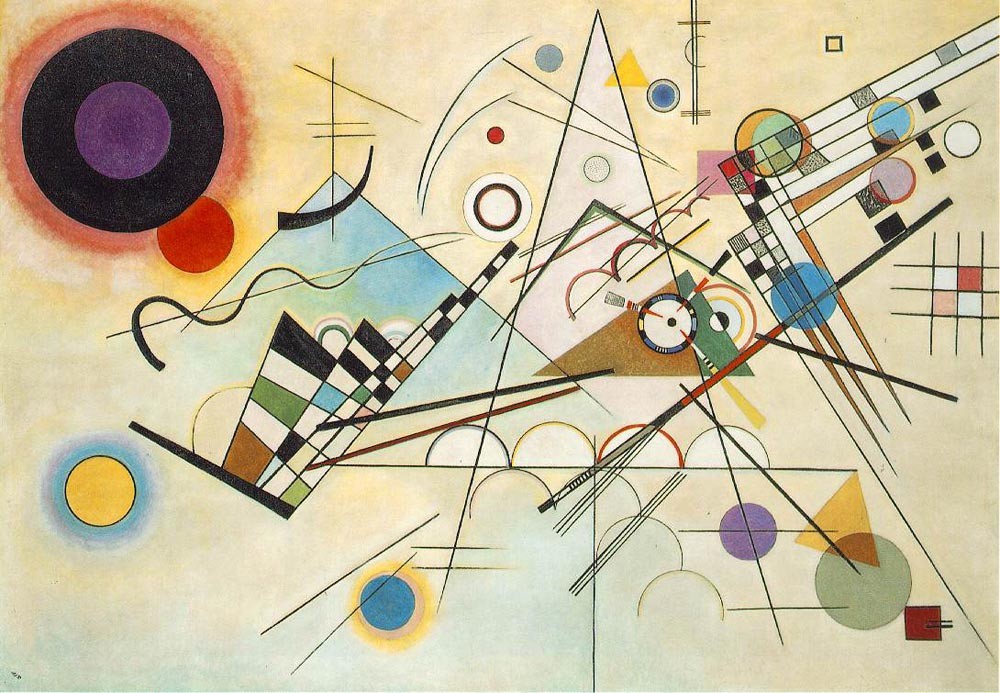The extraordinary power of music to communicate complex emotions and thoughts has fascinated scholars for centuries. Music taps into cognitive mechanisms that govern our daily interactions with the world, such as expectations and violations of these expectations, and appears to have much in common with language. In addition, music plays social and ethical functions that can be understood from philosophical, historical, and cultural perspectives.
Join us for a discussion with three renowned scholars from the humanities and cognitive science who will show how these modes of inquiry bear on each other – and explain what makes music mean.
Program:
Welcoming remarks from David Freedberg, Pierre Matisse Professor of the History of Art and Director of the Italian Academy, Columbia University and Pamela Smith, Seth Low Professor of History and Chair of the Presidential Scholars in Society and Neuroscience program, Columbia University.
Introduction by Jacqueline Gottlieb, Professor of Neuroscience, Columbia University
Speakers:
David Huron, Arts and Humanities Distinguished Professor, School of Music & Center for Cognitive and Brain Sciences, Ohio State University
Aniruddh D. Patel, Professor of Psychology, Tufts University
Elizabeth Tolbert, Professor of Musicology, Peabody Institute, Johns Hopkins University
Moderators:
Andrew Goldman, Presidential Scholar in Society and Neuroscience, Columbia University
Jacqueline Gottlieb, Professor of Neuroscience, Columbia University
The event is co-sponsored by the Italian Academy for Advanced Studies and the Presidential Scholars in Society and Neuroscience program as part of the Seminars in Society and Neuroscience series. Free and open to the public, but RSVP is required via Eventbrite.
Image: Wassily Kandinsky, Composition VIII, 1923, The Solomon R. Guggenheim Museum, New York, NY

